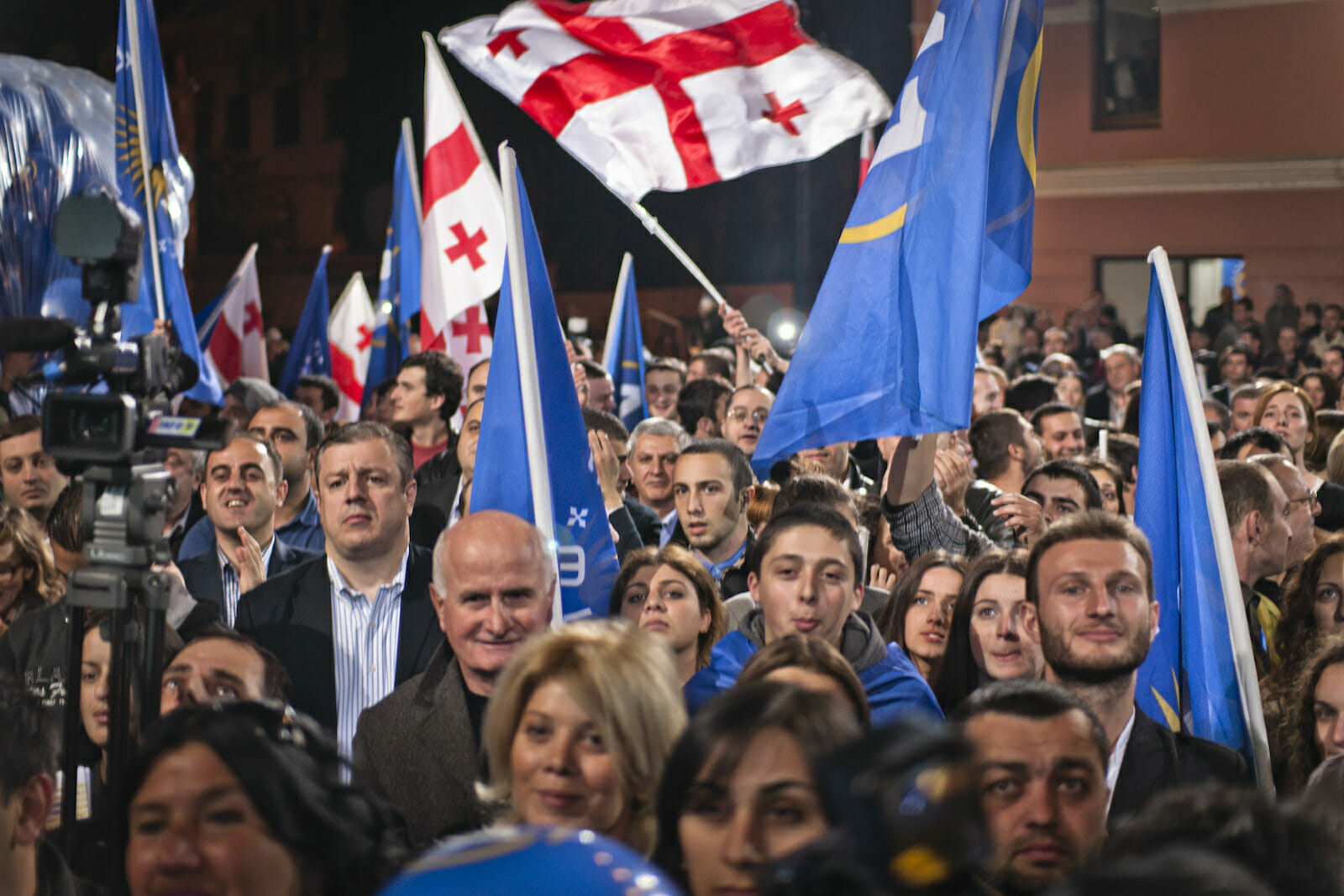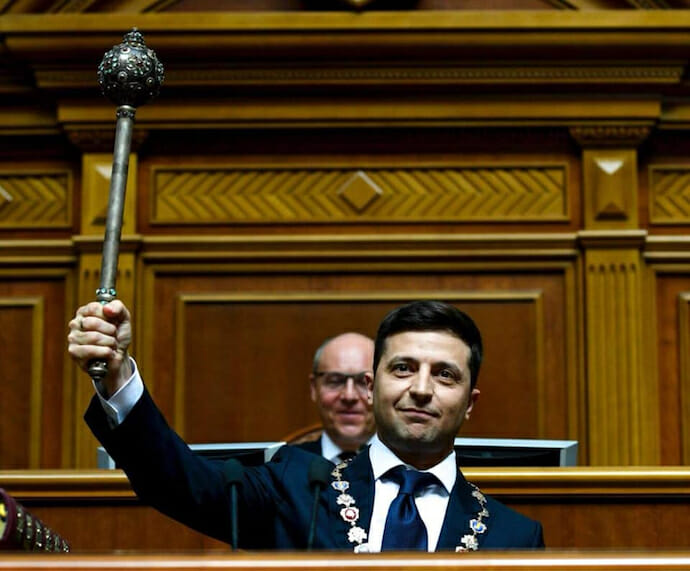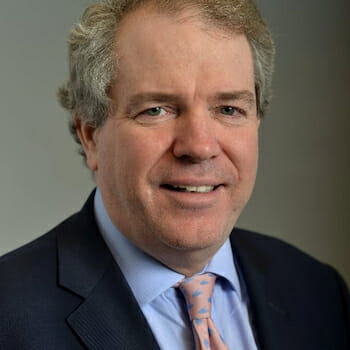
Ukrainian Lesson Shows Georgia that Transformational Politics are Possible
The overwhelming majority vote in the surprise election of President Volodymyr Zelensky earlier this year in Ukraine, defeating by a huge margin the incumbent government’s presidential candidate, has already transformed by a strong mandate the political landscape for reform not just in Kyiv but also across the EU’s Eastern Partnership region. Neighbouring Georgia across the Black Sea will be one of the next countries to go to the polls in 2020.
Georgia has been on a political rollercoaster since those more hopeful heady days of the Rose Revolution which greatly raised expectations but is now sadly dashed, with an exhausting ‘revenge style’ pattern taking hold, where one party is thrown out and discredited often by the use of selective justice as another takes power.
The result has been a Georgian electorate that has become a little tired and cynical when it comes to voting, as shown by an April 2019 National Democratic Institute survey that showed that only 21 percent of Georgians support the established parties of Georgian Dream (GD) and only 15 percent support the United National Movement (UNM). This does potentially leave a big gap in the political spectrum for an inspiring newcomer party.
As we saw in Ukraine, we are living in a globally inter-connected era where there is strong appetite for more radical change, and ‘outsider’ politics are more possible than ever. When Georgia looks across the Black Sea to Ukraine, they can see that the old order can be overturned at the ballot box and that a new party with challenging policies and a charismatic leader can emerge.
In Ukraine, as in Georgia, the challenge is to forge a new path toward faster and more sustained economic growth and higher living standards. A vital step for both countries is attracting greater foreign direct investment aided by the Deep and Comprehensive Free Trade Agreements both countries enjoy with the EU giving extensive market access to all parties.

Mr. Zelensky, a political novice, was best known for starring in a satirical television series “Servant of the People,” in which his character accidentally becomes Ukrainian president. After being sworn in as the real-life president of Ukraine in May, Zelensky spoke in the Rada (Ukraine’s parliament), declaring his intention to dissolve it. “Our citizens are tired of the experienced, pompous, systemic politicians.”
The voters responded to Zelensky’s Rada speech. In snap elections on July 21st, Zelensky’s personal new party vehicle, Servant of the People (SP), won the first single-party parliamentary majority in modern Ukrainian history. SP took 43% of the party-list vote; its candidates also won 130 of 199 the first-past-the-post single-mandate districts, giving the party a clear majority of 254 of the 424 MPs overall. Opposition Platform—For Life, a pro-Russian force strong in the east, took second with 13%. Parties led by former president, Petro Poroshenko, and a former prime minister, Yulia Tymoshenko, picked up just 8% each. Golos, a new reform-oriented party founded by a rock-star, Svyatoslav Vakarchuk, squeezed in with 6%. Zelensky’s party had achieved the best electoral result of any party in independent Ukraine’s post-1991 history. Perhaps the most inspiring part of the story is that this astonishing sweeping away of the old guard means that 80% of Ukrainian MPs are new, bringing fresh perspectives to Ukrainian politics.
Can this inspirational Ukrainian democratic story translate into the Georgian environment? There is certainly a large section of undecided voters who are disillusioned with both the incumbents, Georgian Dream and UNM parties. This part of the population is exactly where a dynamic progressive new movement could gain ground in Georgia, bringing those who are tired of the same old political games and faces back into the conversation and prepared to give the newcomer a chance at the ballot box.
In recent weeks, we have seen the Lelo movement forming in Georgia. This is part of an energetic new wave of leaders dedicated to the rule of law which is beginning to emerge from all sectors of Georgian society. This new force is reminiscent not only of Zelensky’s historic intake of 80% fresh and enthusiastic MPs but also of President Macron’s En Marche movement in France, both in terms of their commitment and their diverse backgrounds. In Georgia, it’s not only about inspiring disillusioned and increasingly apathetic voters, but also about showcasing new and able potential leaders.
For too long, politics has been a dirty word in Georgia like in many EU countries, a profession that one wouldn’t want to enter. It will be fascinating to see if Lelo can continue to attract talented individuals with integrity into politics for the first time to break this stereotyping.
Can that often-tarnished profession be seen again as one of genuine public service and patriotic duty in Georgia? Certainly the momentum seems to be there, with the movement organising fast and the launch of a formal political party now appearing to be imminent. After my own long history supporting Ukraine’s economic and political development as the former European Parliament Rapporteur for the first European Neighbourhood Policy report in 2004, it would now be thrilling to see real positive and progressive change take place in another Eastern Partnership country Georgia too as it matures as a democracy.

